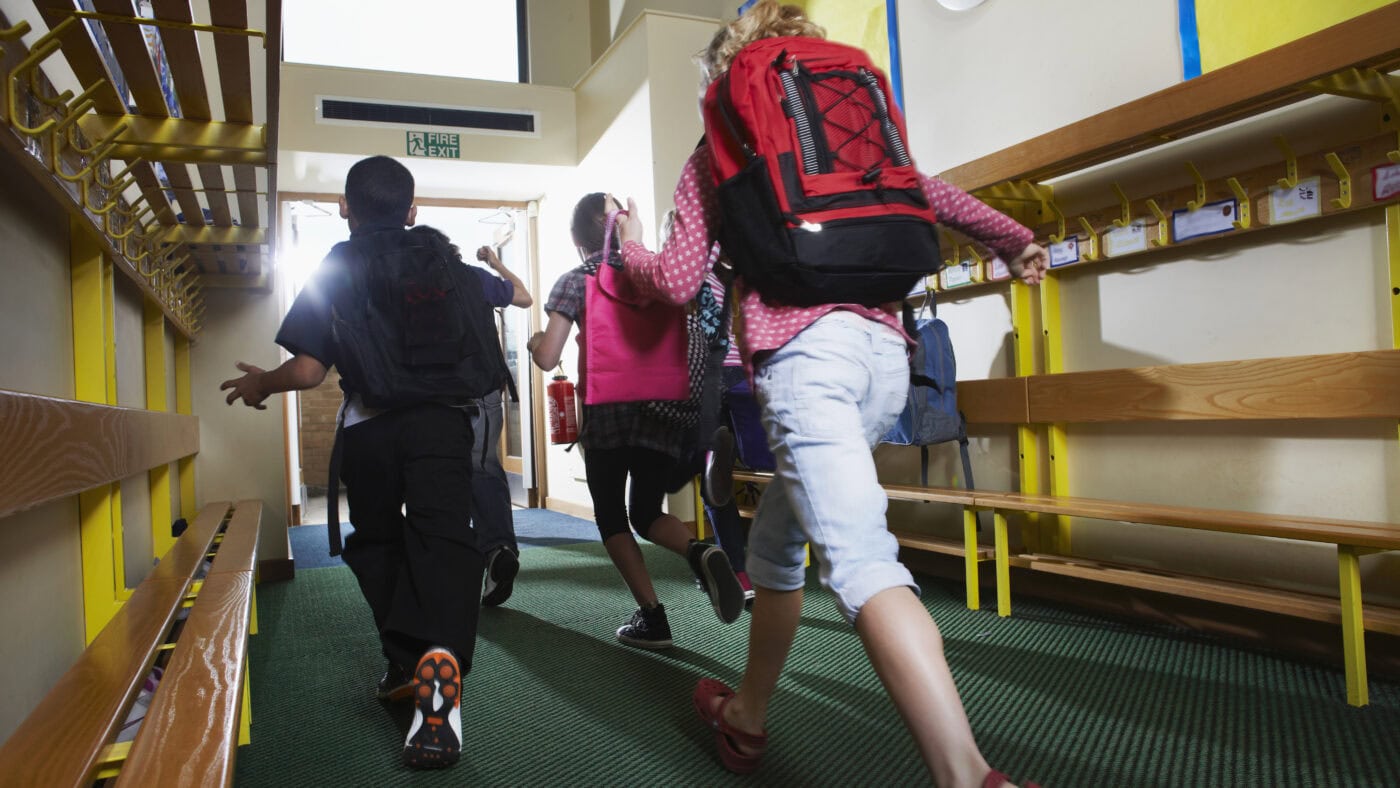Today is primary school offer day, and it is a proud milestone for families across the country. But behind the joyful social media posts and offer letters lies a growing challenge: too many children are starting school without the basic skills needed to thrive.
Recognising this, the Government has set an ambitious target for 75% of children to be school-ready by 2028. But as things stand, we’re on course to fall short, with data revealing that for the target to be met, 40,000–50,000 more children need to achieve their development goals every year.
If the Government is serious about improving school readiness, it should begin by addressing two major challenges.
The first is a lack of clarity. Many families are unsure what ‘school-ready’ really means. Kindred Squared’s latest survey found that nearly half of UK parents don’t believe that it is their responsibility to ensure their child is school-ready. That’s not due to apathy – it’s due to ambiguity.
For some, school readiness might sound as simple as having the uniform laid out and a packed lunch ready for the first day. But the Government defines it as something much broader: where a child is developmentally by the end of their Reception year. That includes their ability to communicate, regulate their emotions, interact with others and grasp the foundations of early learning. Crucially, these skills begin to develop at home, through everyday interactions with parents, long before a child ever steps into a classroom.
That’s why, if we want to make real progress, parents should be at the heart of the solution.
The second challenge is the erosion of family support services. A recent report from the Centre for Young People revealed that nearly half of local authorities have cut funding for family hubs and children’s centres – the very services designed to help give children their best school start.
If more children are to start school ready to learn, we need to support the people who know them best: their parents.
That’s where online parenting programmes offering free support could make a big difference.
A national digital rollout of Triple P Online in Australia has reached more than 500,000 parents in three years, delivering a fantastic return on investment.
Previously, studies in Western Australia found that children whose parents participated in Triple P programs when they were aged three to five achieved higher scores in numeracy and literacy tests during primary school, and had fewer days off school in secondary when looking back 15 years later.
There’s no reason a similar approach couldn’t work here in the UK and deliver positive results. An England-wide national rollout of Triple P Online would be a practical, evidence-based way to give families the tools they need – meeting them where they are, without judgement, and offering real-world strategies to tackle challenges like school readiness.
Support like this could benefit hundreds of thousands more families. Because school readiness doesn’t start at the classroom door – it begins at home, in the everyday moments between parents and their children.
The Government’s goal is achievable – but to get there, we must recognise the central role that parents play – and give them the tools, confidence and support, at scale, to help their children thrive.
Click here to subscribe to our daily briefing – the best pieces from CapX and across the web.
CapX depends on the generosity of its readers. If you value what we do, please consider making a donation.


